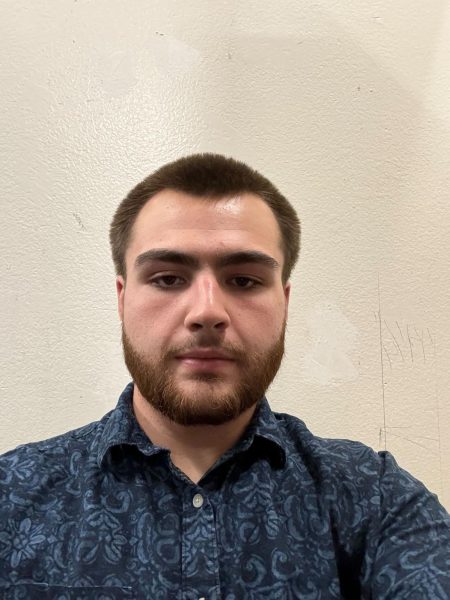In recent years, mental health struggles have been more accepted in our society, yet the suicide rate for men has continued to steadily increase.
600,000 men a year. 58,000 men a month. 14,000 men a week. 2,000 men a day. On average, 86 men commit suicide every hour.
Men’s Mental Health Month was established in 1994 when it was first advertised as Men’s Mental Health Week. Soon after, the observance was signed by President Bill Clinton, making it official.
In recent years, the observance has gained more notoriety in the mainstream with the blanket increase in suicide and the normalization of mental health treatments.
Despite the increased awareness, the statistics for men have not decreased at all and studies show that men are less likely to seek treatment for depression and other mental health struggles.
According to the National Institute of Mental Health, men are less likely to seek out mental health treatment in comparison to women. They are often shunned from doing so due to long-standing stereotypes and social challenges.
Young men are often told things like “men don’t cry” or that men are meant to be more “stoic” while women are perceived as the emotional gender.
According to Mental Health America, “Men are taught to be tough and self-reliant, which can hinder their willingness to talk about their struggles.”
Men’s Mental Health Month is a movement set to break the stigma and encourage men to reach out for help when it’s needed. Countless resources are available to young men who are in need of treatment.
“Part of the solution to this crisis is to eliminate barriers between men and mental health care, including the spread of unhelpful perspectives to “just deal with it,” Foundations Health and Wholeness stated.
Every person is born with a mind and a body. Taking care of the body is easy but the mind is harder to deal with, why let a stigma keep you from being your best self?
Reaching out is the first and hardest step on a journey of self-improvement. Being a man doesn’t have to involve becoming a statistic; looking for a therapist or simply talking about your problems and working them out can take a massive load off one’s shoulders.
Resources are available for students at Mt. SAC by going to the health center’s website to set up an appointment or seek further guidance.
If you or anyone else is going through mental health struggles, reach out to anyone willing to help and know that there are countless people willing to listen to anyone’s struggles to be a part of saving a life.




Joshua • Jun 8, 2025 at 2:29 pm
No matter the gender mental health can decrease and increase don’t commit because life is precious out of billions there was a reason why we were born